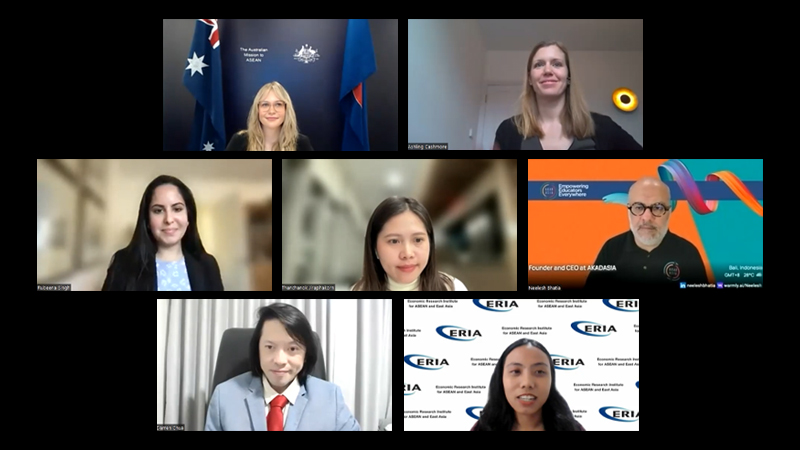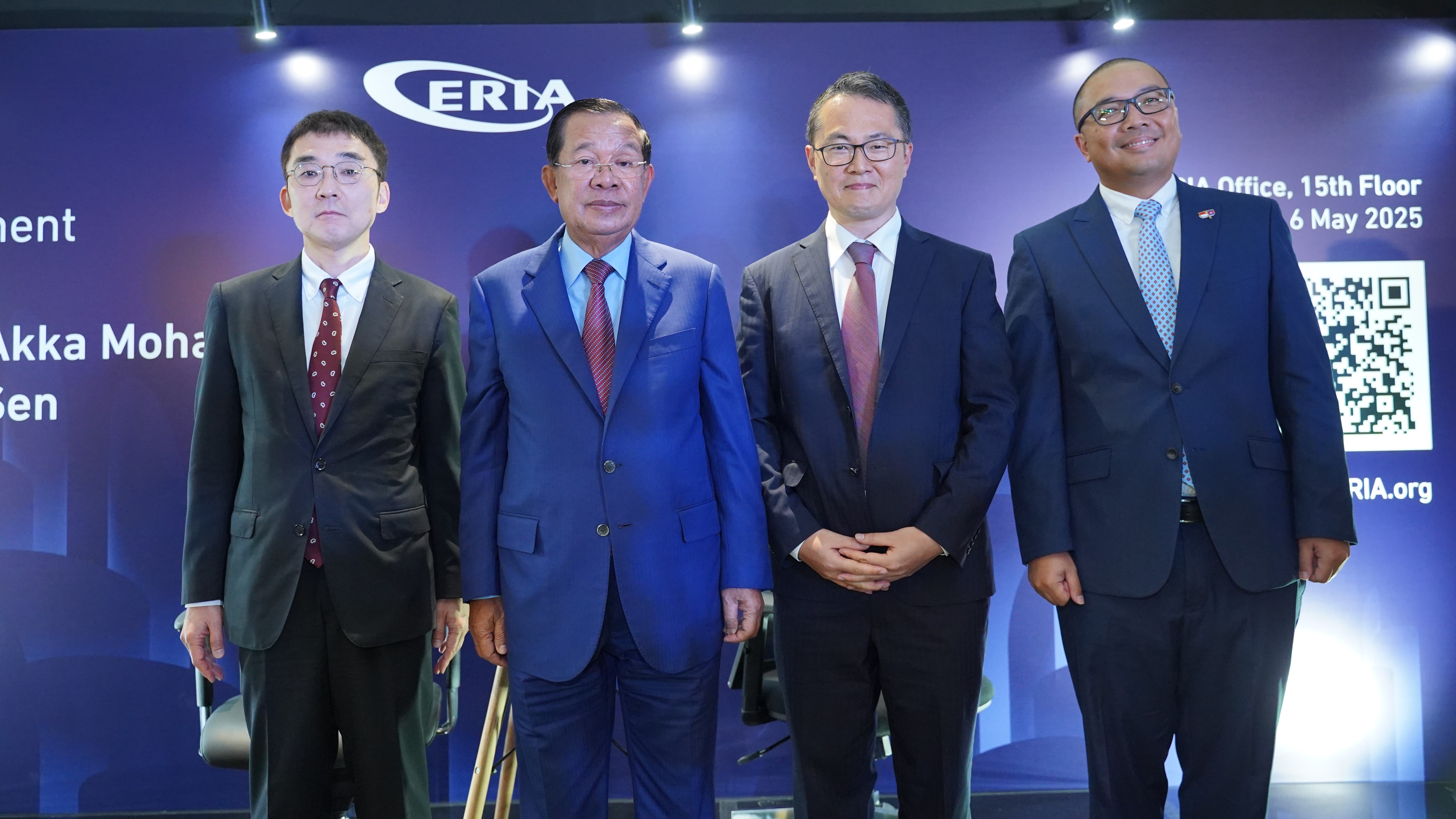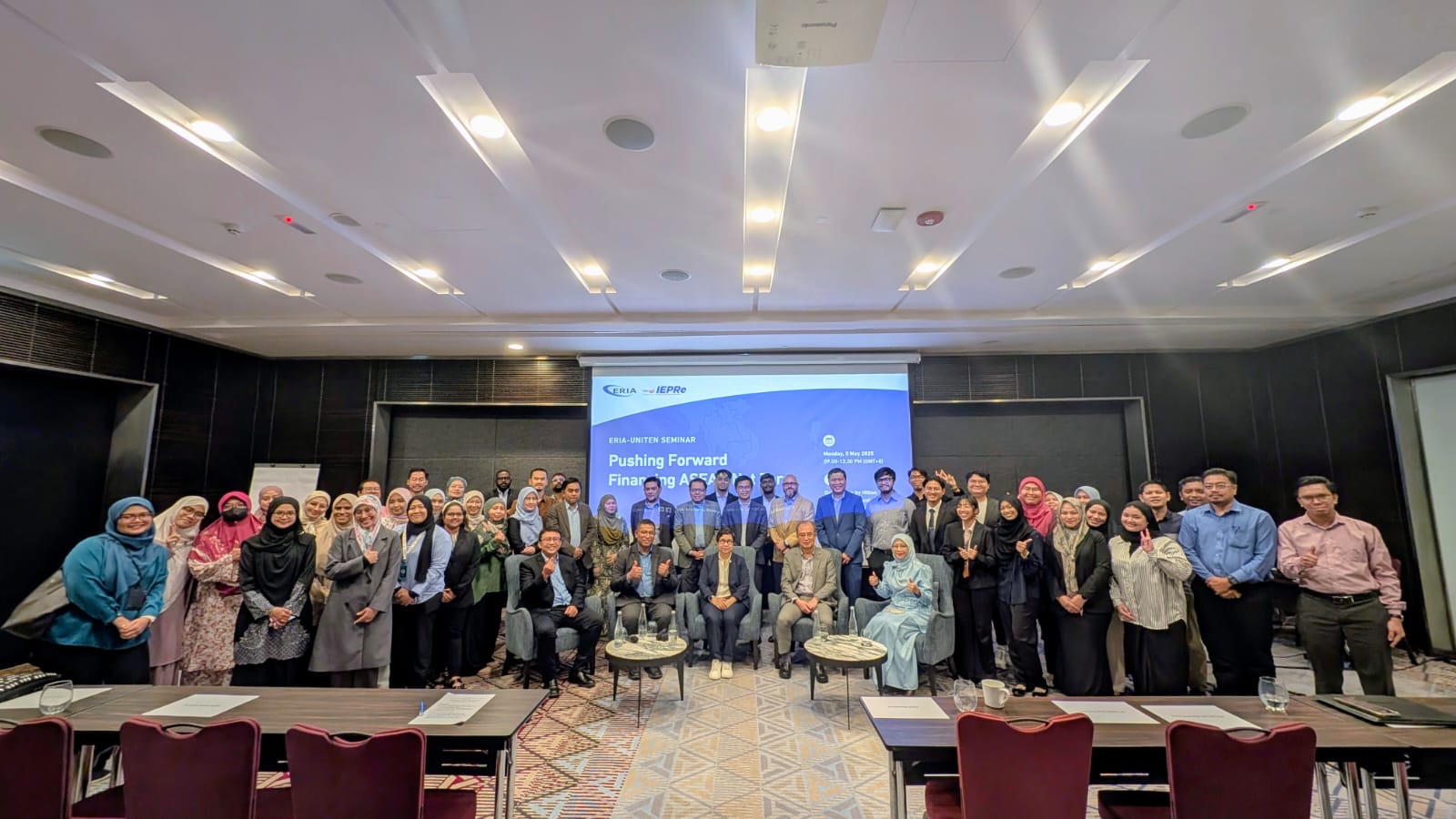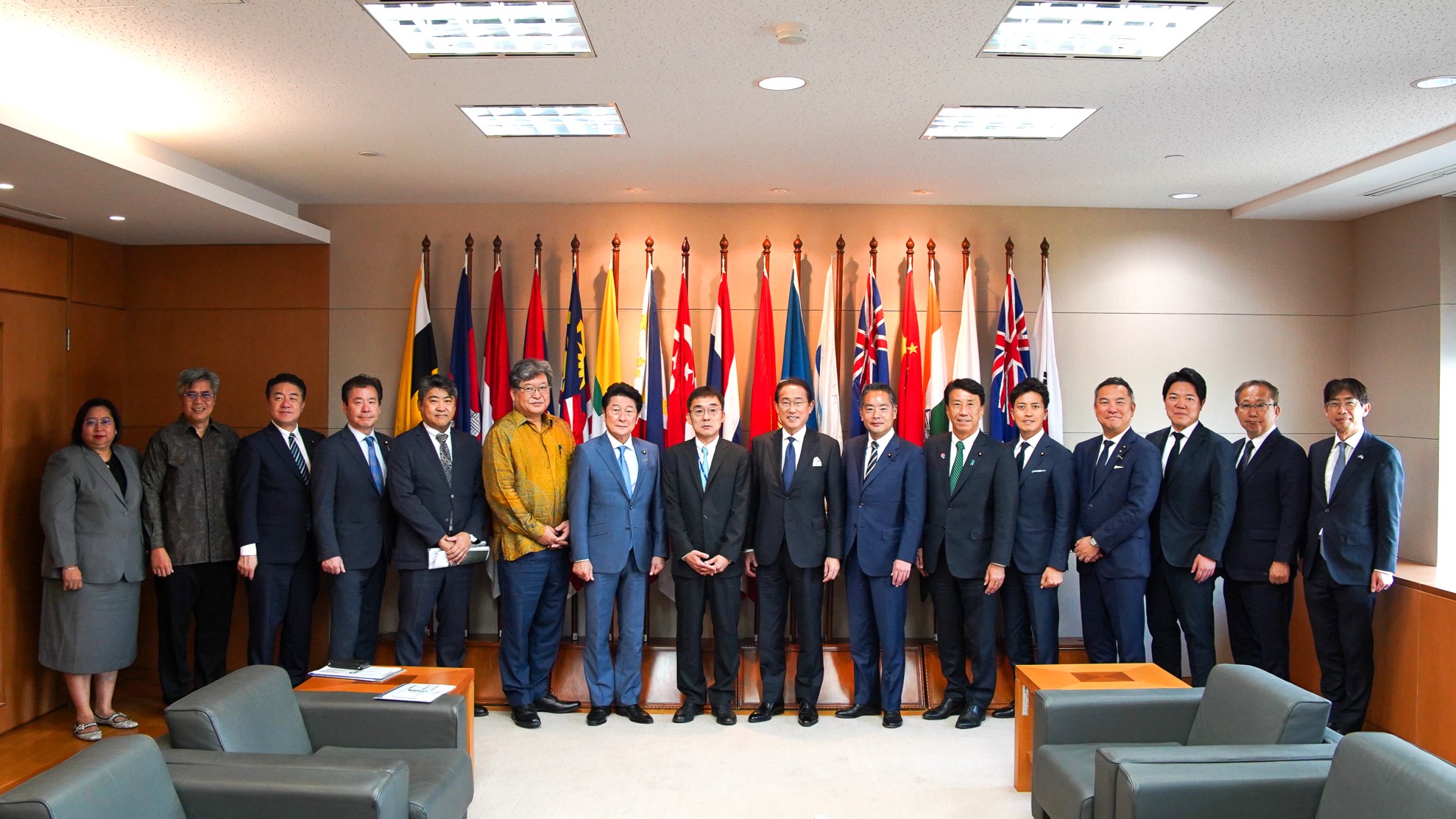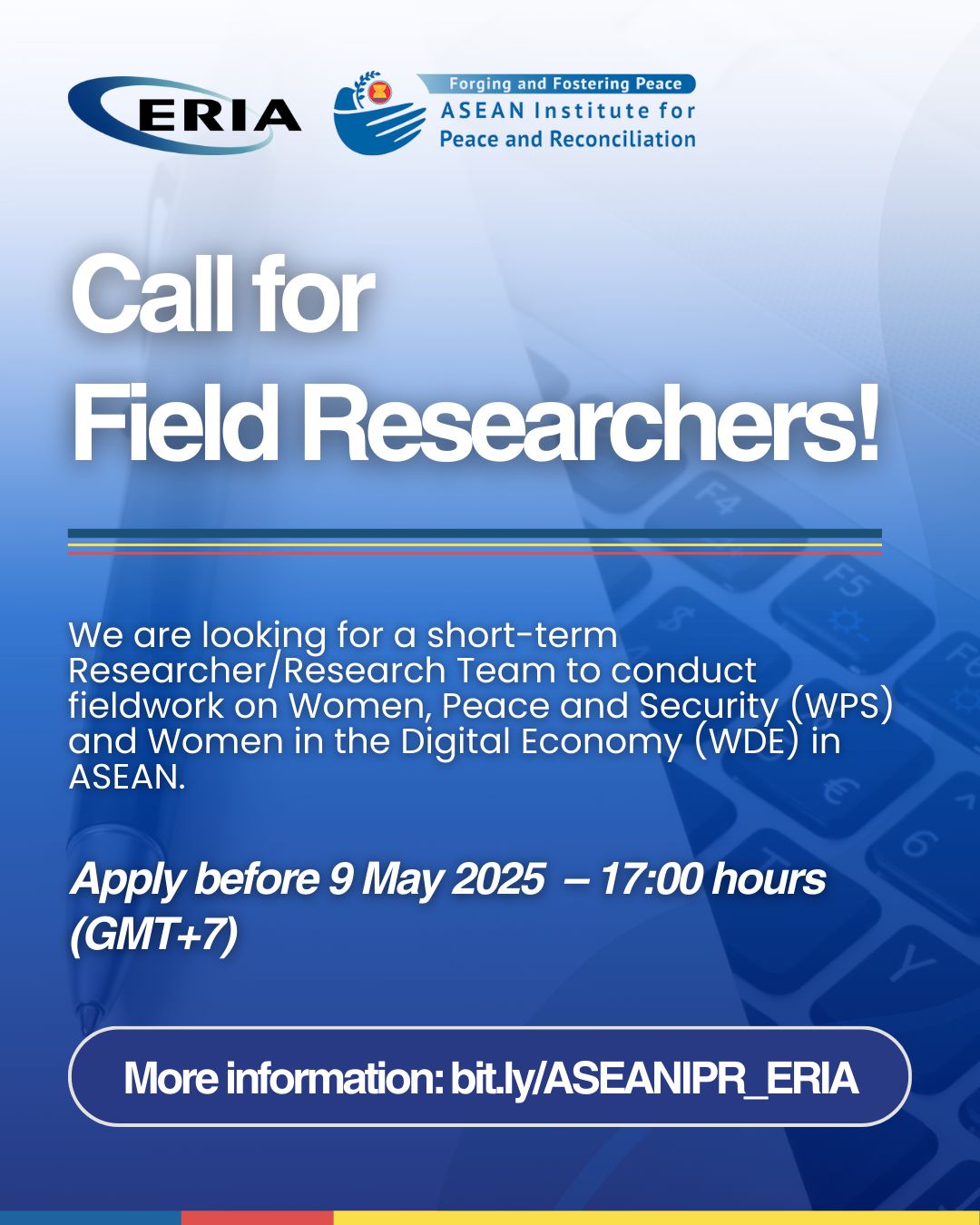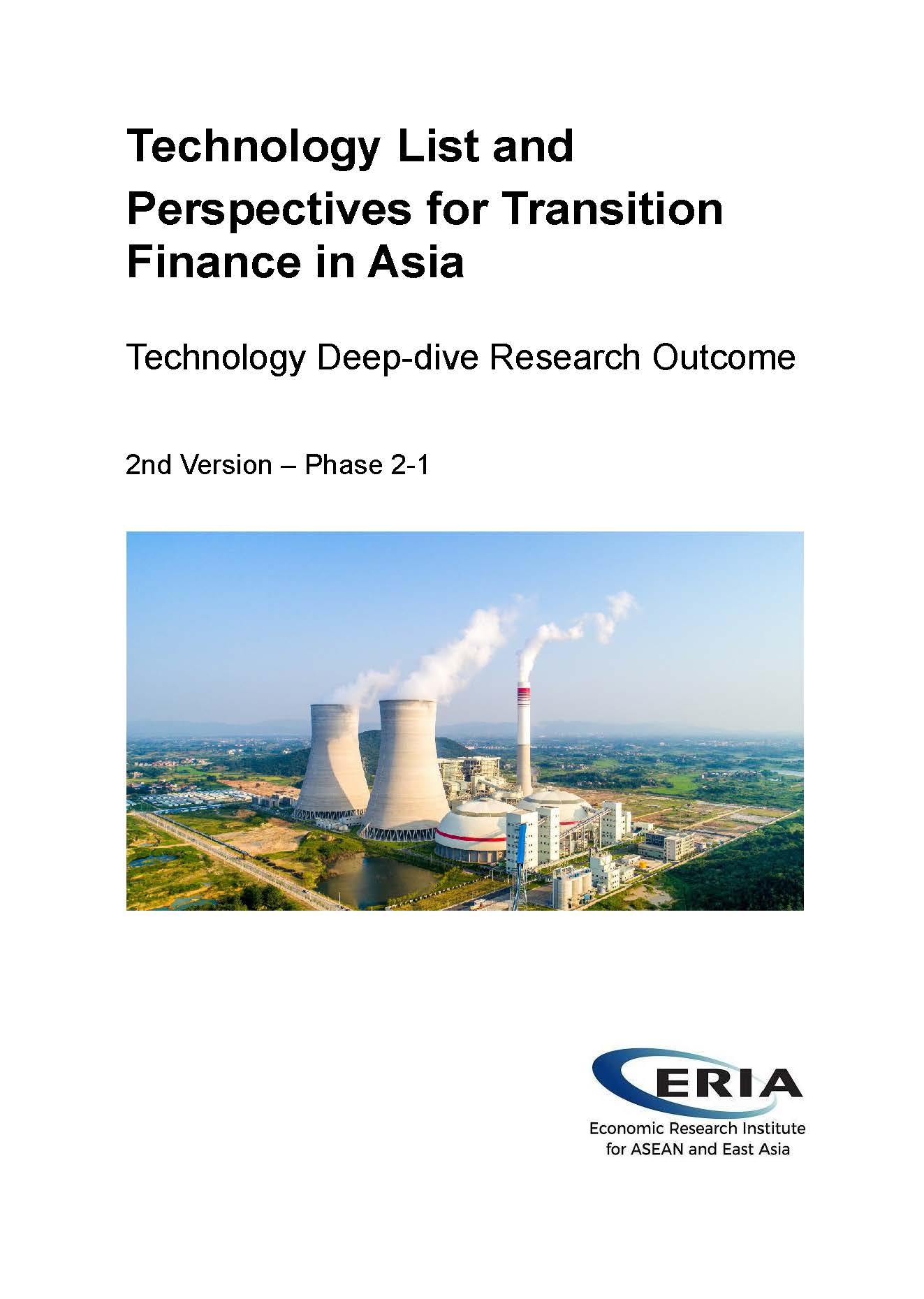Discussion on Technology, Disability: Trends, Opportunities in the Digital Economy in ASEAN
Date
9 February 2023Category
OthersShare Article:
Print Article:
Jakarta, 9 February 2023: The inclusion of persons with disabilities is a key priority for ASEAN. Over decades, despite significant commitments, barriers to inclusion of persons with disabilities persist. Whilst the rapid growth of digital technology might be an enabler in promoting inclusiveness in the region, it might also be a disruptor due to the existence of the digital divide. Whilst much discussion addresses the digital divide and promotes digital inclusion in the ASEAN region, focus has typically been on demographics such as women or people living in rural areas. Beyond fleeting mentions of accessibility, persons with disabilities remain overlooked.
The issue was addressed at a dissemination event, on 9 February 2023, for the recent study on Technology and Disability: Trends and Opportunities in the Digital Economy in ASEAN. Conducted by the Economic Research Institute for ASEAN and East Asia (ERIA) in partnership with Impact46, the dissemination event discussed the role of technology in education and overall technology in improving the lives of people with disabilities. Impact46 is an asset manager and advisor that specialises in alternative investment opportunities.
Opening the event, Kate Goodfruit, First Secretary of the Australian Mission to ASEAN, remarked on Australia’s steadfast and ongoing commitment to promote gender equality and social inclusion through its foreign policy strategy, economic diplomacy, and development work. She stressed the importance of collective actions from multiple stakeholders across the ASEAN region to actualise the potential of technology in improving the lives of persons with disabilities and to facilitate their inclusion.
Ashling Cashmore, Head of Impact and Advisory at Charities Aid Foundation and the author of the ERIA Report on Technology and Disability, presented the study, where she discussed the role of technology-enabled working environments and digital jobs for persons with disabilities. She said that with the rising digital technology in ASEAN, possessing digital skills is required, yet the persistent barriers for people with disabilities may exacerbate the digital divide. She then reported the collective efforts from various stakeholders to promote more inclusion for persons with disabilities in ASEAN.
Darren Chua, Inspirational Speaker and Empowerment Coach at Mindset Transformation Clinic, shared his insights on how remote working since the COVID-19 pandemic has benefitted persons with disabilities to acquire more flexibility in the working environment. However, he also mentioned the importance of providing accessibility and reducing physical barriers for persons with disabilities, especially in the post-pandemic period. As an initial step in promoting a more inclusive working environment, he said it is important to shift mindsets and eliminate prejudice towards persons with disabilities.
Rubeena Singh, Senior Manager for Research and Thought Leadership at Kite Insights, said that inclusive education aims to provide equitable access for all students, allowing them to adopt mainstream education based on their individual learning needs. With the robust digital transformation, it is important, she said, to equip educators with relevant digital skills and knowledge of assistive technology and better understanding to assess the needs of disability learners. As lack of teachers with such capacity becomes one of the barriers in promoting inclusive education, she offered five key recommendations to level up the capacity of teachers, including 1) providing the teachers with professional and ongoing training development, 2) equipping the teacher with accessible resources and latest technology skills, 3) promoting inclusive education design for policymakers, 4) enhancing collaboration amongst educators, and 5) promoting student-centred approach.
Neelesh Bhatia, Founder and CEO of Akadasia, Singapore, spoke of a gap that remains despite the collective efforts to promote inclusion in the learning ecosystem. He said this includes affordable assistive technology, lack of dedicated support staff, and lack of awareness and understanding amongst the teachers, discriminatory and stereotype. He added that it is necessary to understand the root problems in teacher’s capacity, which include low salary and lack of motivation for upscaling. He indicated the need to inject more investment to narrow the gap between public and private schools, promote more affordable assistive technology, and provide an equitable learning management system for students.
Thanchanok Jiraphakorn, Head of Learning and Development at Vulcan Coalition, Bangkok, called for teachers to be equipped with training and education related to digital technology. She pointed out the importance of training teachers on assistive technology and providing more accessible and affordable technology in the learning management system. She shared how Vulcan created a business model that allows persons with disabilities to learn and be equipped with artificial intelligence skills and data analytics and thrive in the current digital environment.
Lina Maulidina Sabrina, ERIA’s Senior Programme Officer, moderated the session. The E-S-I Knowledge Lab webinar was organised under ERIA’s Strategy and Partnership Programme and supported by the Australian Government.
